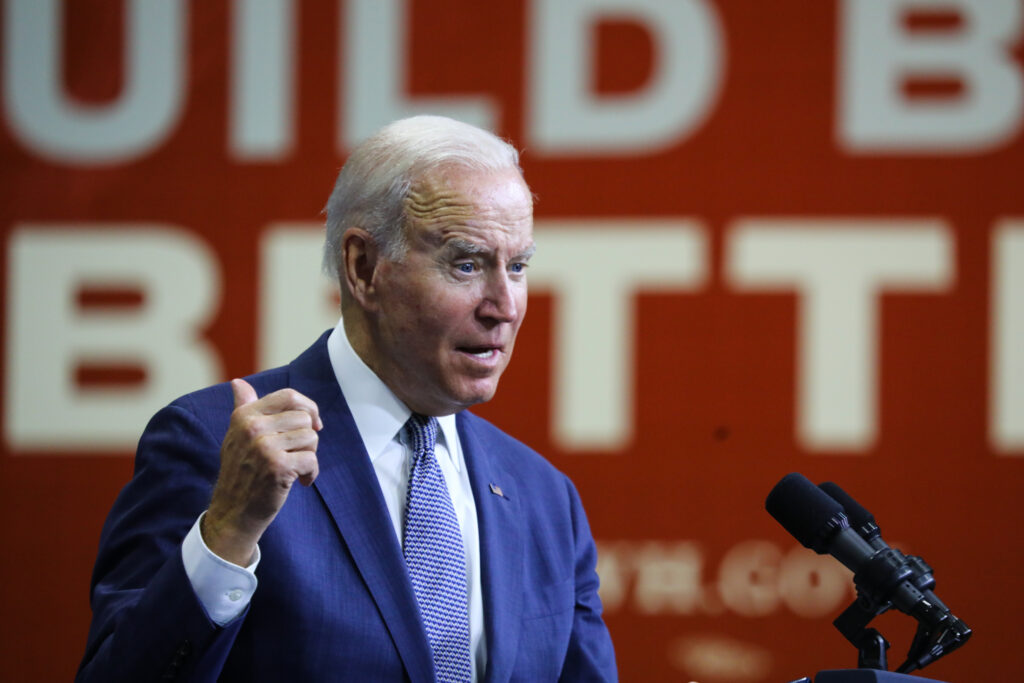Ostensibly proposed to protect people from Internet fraud, a bill proposed by Rep. Jason Chaffetz (R-UT) would instead criminalize online gambling for millions of Americans and dramatically expand what was intended to be a narrowly focused law.
The Restoring America’s Wire Act (RAWA) is a response to a policy shift by the Obama administration. In December 2011, the U.S. Department of Justice (DOJ) issued a letter reversing 21 years of policy regarding the scope of the Wire Act of 1961.
In the letter, Deputy Attorney General James Cole wrote, “[T]he Department’s Office of Legal Counsel has analyzed the scope of the Wire Act, 18 USC § 1084, and concluded that it is limited only to sports betting.”
The Act’s language itself explicitly refers to prohibiting “the placing of bets or wagers on any sporting event or contest” via “a wire communication facility.”
In addition to the Wire Act’s reference to outlawing sports betting, the bill’s sponsors specifically said the Wire Act was limited to sporting events.
In testimony in 1961, Sen. Estes Kefauver (D-TN) asked then-Assistant Attorney General Herbert J. Miller why the Wire Act was limited to sports betting, as opposed to all forms of betting.
“I can see that telephones would be used in sporting contests, and it is used quite substantially in the numbers games, too,” Kefauver said. “How about laying off bets by the use of telephones and laying off bets in big-time gambling? Does that not happen sometimes?”
Speaking of the proposed Wire Act, Miller replied, “This bill, of course, would not cover that because it is limited to sporting events or contests.”
Before DOJ’s 2011 return to the Wire Act’s roots, the federal government was using the law to ban forms of online gambling unrelated to sports.
The definitive, official shift in policy occurred in 2002, when acting Assistant Attorney General Michael Chertoff announced, “[T]he Department of Justice believes that federal law prohibits gambling over the Internet, including casino-style gambling.”
In 2007, U.S. Attorney for the Eastern District of Missouri Catherine Hanaway testified before Congress, saying, “The Department of Justice’s view is, and has been for some time, that all forms of Internet gambling, including sports wagering, casino games, and card games, are illegal [under the Wire Act.]”
By removing language limiting the Wire Act of 1961’s scope to sports gambling transactions occurring across state lines, RAWA would move the law away from its original intentions and back to Chertoff’s reinterpretation.
Chaffetz’s bill would amend the Wire Act to prohibit “any transmission over the Internet carried interstate or in foreign commerce, incidentally or otherwise,” and it removes the clause specifically referring to sports events.
Instead of doubling down with RAWA, lawmakers should instead bet on interpreting the Wire Act in light of its origins and keep federal enforcement of gambling laws limited in scope.





